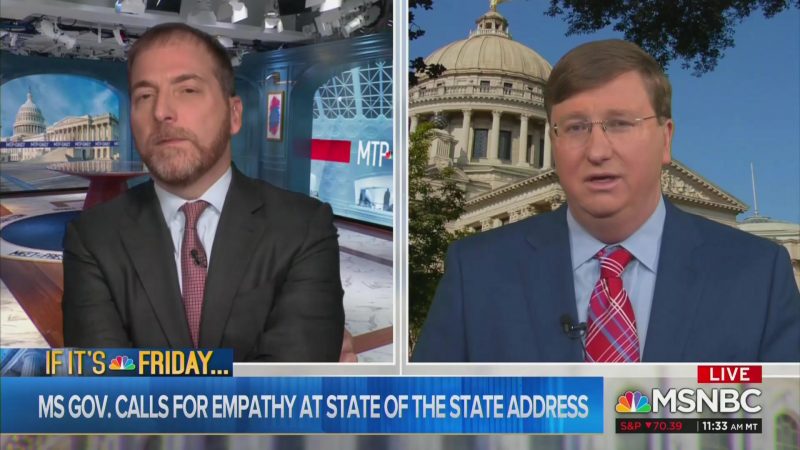Happy Robert E. Lee Day: In Some States, Dr. King Still Shares Today With Confederate Generals

Today is Martin Luther King Day, a public holiday marking the birth of civil rights icon and national hero, Dr. Martin Luther King Jr., who was brutally gunned down in 1968. The holiday was hard fought for and was finally signed into law by President Ronald Reagan in 1983. But in some parts of the country, MLK Day is not the only holiday celebrated today.
MLK Day is celebrated in and around King’s birthday on January 15 and varies from year to year depending on the day. He was born in 1929. Since January 15 was a Sunday this year, the official observance is today. But several other birthdays of prominent Americans are celebrated around this time, as well, though they don’t chime with King’s legacy.
In Alabama, Arkansas and Mississippi, Confederate General Robert E. Lee is celebrated alongside Dr. King, while in Virginia Confederate General Thomas ‘Stonewall’ Jackson is celebrated, too. Lee was born on January 19, 1807 and Jackson on January 21, 1824. Both men famously fought for the Confederacy against the United States during the Civil War.
Commemorating Confederate generals has become an embarrassment for many living in the few states that still honor the secessionist leaders around Martin Luther King Day. While Jackson and Lee were not the worst perpetrators of racial hatred or slavery in the Confederacy, their legacy is one of fighting against federal efforts to force southern states to end slavery. The Confederacy’s own founding documents explicitly stated their embrace of black slavery.
Even if Lee and Jackson aren’t as bad as Ku Klux Klan founder and Confederate General Nathan Bedford Forrrest, honoring these men alongside King makes little sense. In his post-Civil War career, Lee did not mince words about his views of African-Americans. Lee did not believe black southerners should be given the vote and even suggested that Virginia ‘should get rid of them’.
Commemorations of Confederate generals will continue as long as white southerners believe the Civil War was a noble struggle against northern aggression and slavery was a secondary factor. Apologists for the Confederacy are more popular than any time since the late 19th century and their efforts to promote the ‘heroism’ of soldiers who defended slave-holding states will continue.






